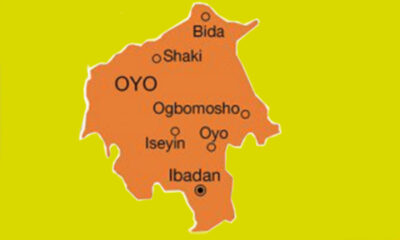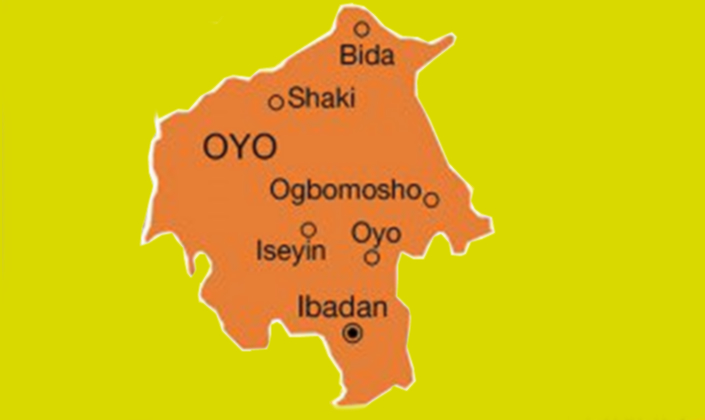News
NATCA raises alarm over shortage of Air Traffic Controllers

The National Association of Air Traffic Controllers (NATCA) has expressed concern over the shortage of air traffic controllers in Nigeria, warning that it poses a threat to operational efficiency and safety in the aviation sector.
Deputy President of NATCA, Shettima Babagan, speaking during a media briefing in Lagos, said a 2022 manpower study revealed that the Murtala Muhammed International Airport (MMIA) in Lagos required about 120 air traffic controllers to effectively manage area control, terminal area control, aerodrome control, and ground control. However, he lamented that the current number remains far below that figure.
“Back in 2022, a scientific study on the ATC manpower for the Nigerian airspace was conducted internally. At that time, MMIA, which has five operational units, needed about 120 controllers. Unfortunately, the number was around 55 — less than half of what was required. That is the reality, and there’s enormous pressure on manpower,” Babagan said.
He further highlighted the poor state of infrastructure and outdated technology affecting their operations. According to him, several essential facilities, including Air Traffic Management (ATM), Communication, Navigation and Surveillance (CNS), and Controller Pilot Data Link Communication (CPDLC) systems, need urgent upgrades.
“The Total Radar Coverage of Nigeria (TRACON) system, which provides surveillance information for air traffic control, came into use around 2008 and became effective in 2013. But that was over a decade ago, and technology has since moved on,” he added.
Also speaking, the President of NATCA, Amos Edino, called on the Federal Government to prioritise the renovation of control towers across the country.
“There is a contract for the Safe Tower Project that has been pending. We want the government to revisit it and fix the towers, just as they are upgrading terminal buildings,” Edino said.
On the issue of an aging workforce, he noted that while manpower shortages are a global challenge, Nigeria must act swiftly to address its looming gap.
“The shortage of air traffic controllers is not peculiar to Nigeria; it’s a global issue. But what matters is how each country responds. In our case, we have an aging workforce. Over the next four to six years, about 60 to 70 experienced controllers will retire, creating a serious gap,” he warned.
NATCA, therefore, urged the government to recruit and train new personnel while modernising facilities to ensure continued safety and efficiency in Nigeria’s airspace.
-

 News4 hours ago
News4 hours agoOpposition Reps raise alarm over alleged non-implementation of 2025 budget
-

 Business4 hours ago
Business4 hours agoCurrency outside Banks rises 10.2% as money supply expands
-

 World News4 hours ago
World News4 hours agoNigeria’s exports to Africa hits N4.82trn
-

 National News4 hours ago
National News4 hours agoClean Energy key to survival, healthy living — Remi Tinubu
-

 Metro4 hours ago
Metro4 hours agoPolice Inspector killed as officers rescue kidnap victim in Oyo
-

 News35 minutes ago
News35 minutes agoBREAKING: Soludo orders closure of Onitsha Main Market over sit-at-home defiance

















